In recent years there’s been a fashion for arts documentaries presented by celebs rather than boring old experts — presumably on the grounds that knowledge and insight are no match for vague enthusiasm and a touch of showbiz glamour. (In a particularly gruesome episode of ITV’s Perspectives, Pop Idol winner Will Young established his credentials for discussing the life and works of René Magritte with the words, ‘I’ve been collecting bowler hats for 12 years now.’) Even so, one channel you might have expected to hold out against such frivolity is BBC4, the natural home of resolutely untelegenic academics telling us stuff they really know about.
But then on Sunday came Bob Geldof on W.B. Yeats: A Fanatic Heart, a title that may well have filled the channel’s hardcore fans with dismay. Fortunately, it soon turned out that they needn’t have worried — because this was a hugely engaging, informative and thoughtful piece of television. Given Geldof’s history, it probably can’t be called the best thing he’s ever done. Nonetheless, it was certainly the best literary documentary I’ve seen for a very long time.
His central argument was that modern Ireland has been created not by the Easter Rising, but by a strange poet who believed in fairies, banshees and possibly even the Protestant ascendancy. Geldof, in fact, claimed to be ‘conflicted’ about the events of Easter 1916. Yet, as conflicts go, this didn’t feel a notably fierce one. Standing in the Dublin GPO, he unambiguously declared that ‘the glorification of what happened here stained my people’s history and blood for decades’ — and that far from being Ireland’s ‘Bethlehem’, the building represents ‘the original sin of a mismanaged, misgoverned and often abusive and corrupt state’. Only with the collapse of the Catholic Church’s power, and the consequent development of a more ‘plural, generous’ society, has Yeats’s desire to ‘sing Ireland into being’ been fully realised at last.
But this neatly argued theoretical framework was only one of the many riches the programme offered. Geldof did a fine job of untangling Yeats’s frequently contradictory politics. He made full use of television’s still-thrilling ability to show us the places where things actually happened. Standing in a London sitting room, for example, he introduced perhaps the most famous unrequited passion in literary history by saying ‘In 1889, Maud Gonne pulled up outside this window in a hansom cab.’
He also served up several memorable set-pieces — including the episode in 1917, weird even by Yeats’s standards, when his astrological charts demanded that he must be married before the end of the year. By then in his fifties, he tried yet another proposal to Maud, and when that failed, immediately tried her 22-year-old daughter Iseult, who said no as well. Eventually, he struck lucky with Georgia Hyde-Lees, whom he seems to have chosen largely because he knew her.
On the whole, Geldof took a rather indulgent view of Yeats’s spiritual excesses. He was not, however, blind to the man’s more obvious faults, giving an especially heartfelt kicking to Yeats’s most nationalist play, the ‘appalling’ Cathleen ni Houlihan — and responding to his own reading of a characteristically sentimental speech from it with a hearty ‘fuck off’. Nor were we left in any doubt as to how much poor Georgie had to put up with.
Most strikingly — and least ITV-like — of all, we heard plenty of the poetry, as performed by a staggering roster of illustrious readers, from Liam Neeson to Tom Hollander, Damian Lewis to Bono, Bill Nighy to Van Morrison. (I could go on, and for quite a long time.) Geldof has clearly lost none of his ability to persuade well-known people to do things, and in Sunday’s programme even got Van Morrison to smile.
These readings, incidentally, also confirmed my theory that Yeats may have produced more genuinely great poems than anybody else in literature. (‘What does it mean to be a great poet?’ asks the narrator of Nicholson Baker’s novel The Anthologist. ‘It means that you wrote one or two great poems …Maybe four or five. Six tops.’ Yeats wrote dozens of them.)
And Geldof managed all this without ever descending into solemnity — or even seeming to try too hard, the way celebs traditionally do when required to demonstrate their intellectual prowess. Instead, he was unfailingly good company, and often very funny.
In one section, he reflected on all those poems declaring love to Maud Gonne — none of which achieved the desired effect. According to Yeats’s biographer Roy Foster, any woman would have found such fervour an embarrassing turn-off. But not, apparently, Edna O’Brien. As part of his investigation, Geldof asked Edna whether receiving poems like that from Yeats would make her ‘just swoon and shag him?’ — a question that some octogenarians might consider slightly ungallant. Edna, though, didn’t hesitate for a moment. ‘Probably, yeah,’ she replied cheerfully.
Got something to add? Join the discussion and comment below.
Get 10 issues for just $10
Subscribe to The Spectator Australia today for the next 10 magazine issues, plus full online access, for just $10.
You might disagree with half of it, but you’ll enjoy reading all of it. Try your first month for free, then just $2 a week for the remainder of your first year.

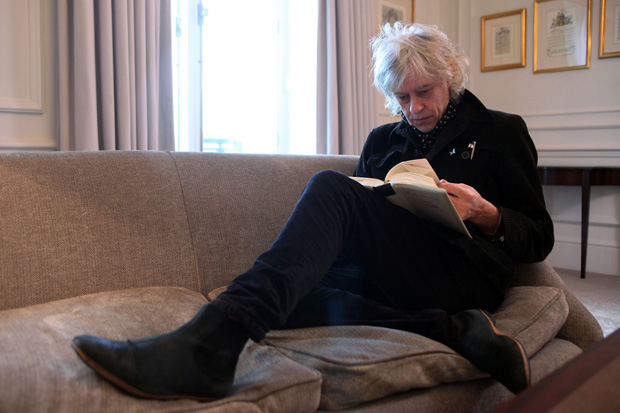
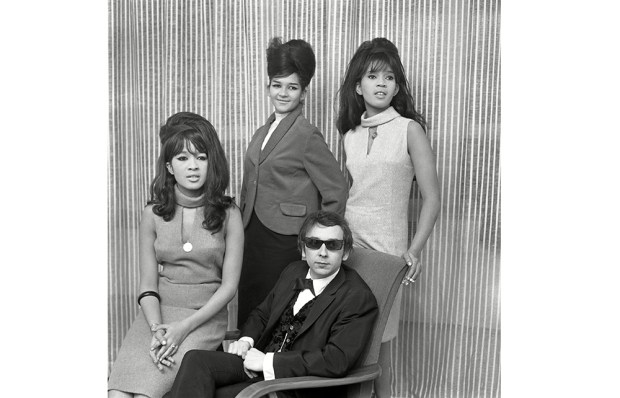
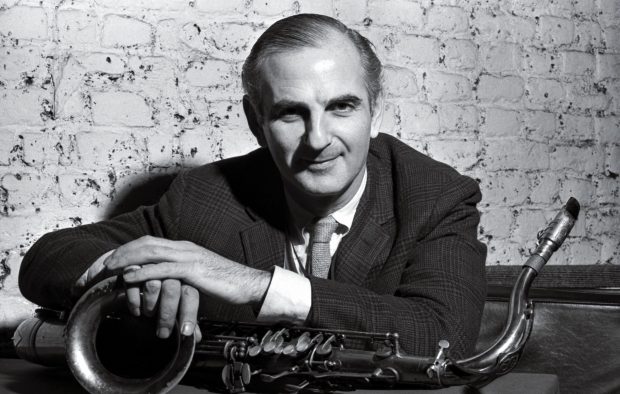

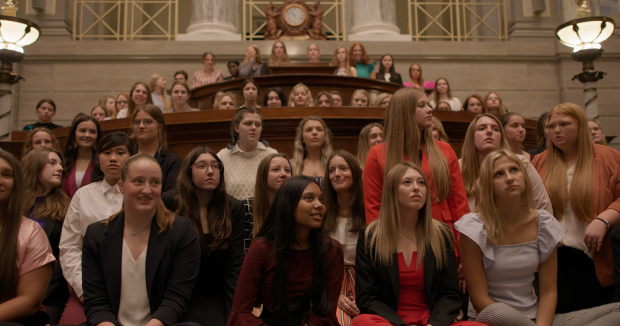

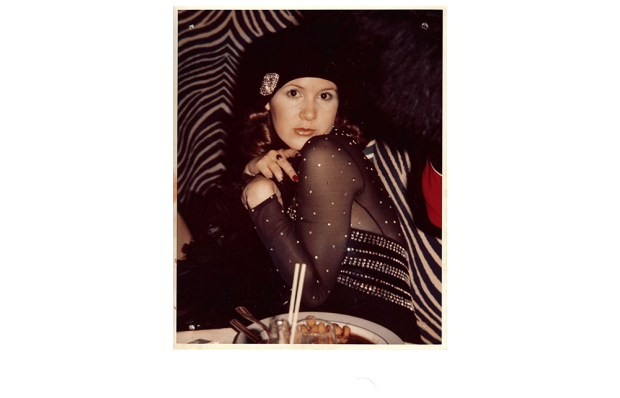






Comments
Don't miss out
Join the conversation with other Spectator Australia readers. Subscribe to leave a comment.
SUBSCRIBEAlready a subscriber? Log in